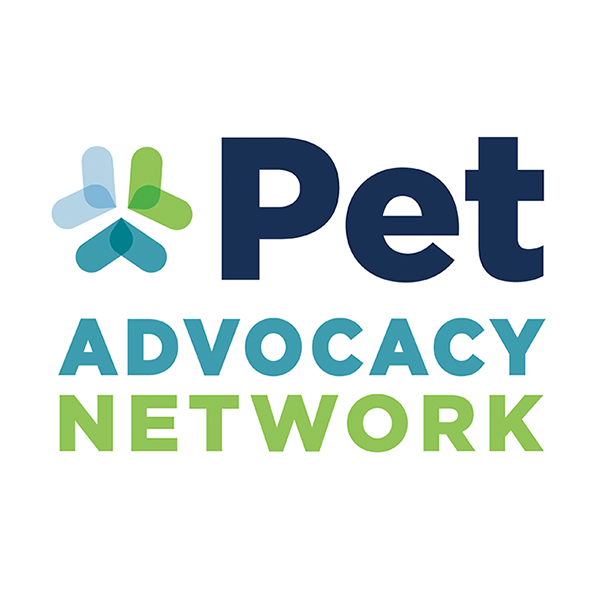Congressman Kurt Schrader (OR-5) Presented with the Human Animal Bond Lifetime Achievement Award at Pet Night on Capitol Hill
Washington, D.C. (September 26, 2022) — The Human Animal Bond Research Institute (HABRI), along with leading organizations in the pet care community presented Congressman Kurt Schrader (OR-5) with the “Human Animal Bond Lifetime Achievement Award” at Pet Night on Capitol Hill.
Pet Night paid special tribute to Congressman Kurt Schrader (OR-5) with the “Human-Animal Bond Lifetime Achievement Award” to recognize his dedication to animal health and the human-animal bond. Throughout his impressive career, Congressman Schrader, currently the only veterinarian in Congress, was instrumental in developing legislation to safeguard the integrated health of people and companion animals.
“Throughout my time in Congress, I’ve been proud to champion the important benefits pets bring to our lives, and the vital role veterinary medicine plays in safeguarding public health,” said Representative Schrader. “It was my honor to receive the Human-Animal Bond Lifetime Achievement Award. I hope to inspire my colleagues and others to continue to support policies and legislation that advance the health of people and their pets.”
The Human Animal Bond Lifetime Achievement Award was presented to Congressman Schrader by HABRI, the American Pet Products Association (APPA), American Association of Veterinary Medical Colleges (AAVMC), American Veterinary Medical Association (AVMA), Animal Health Institute (AHI), American Kennel Club (AKC), Cat Fanciers’ Association, North American Veterinary Community (NAVC), Pet Advocacy Network and the World Pet Association (WPA).
“On behalf of the entire pet care community, we are incredibly grateful for the dedication of Congressman Schrader and his staff to animal health and the human-animal bond,” said Steven Feldman, President, HABRI. “Through supporting legislation like the One Health Act that serves to protect the health of animals and humans, Representative Schrader has helped share the message with Congress that that pets play an important role in our health and wellbeing, and we thank him for his leadership and commitment during his time in Congress.”
About HABRI
HABRI is a not-for-profit organization that maintains the world’s largest online library of human-animal bond research and information; funds innovative research projects to scientifically document the health benefits of companion animals; and informs the public about human-animal bond research and the beneficial role of companion animals in society. For more information, please visit http://www.habri.org.
Contact
Logan Trautman
logan@inspireprgroup.com
(412)-915-4038
###





